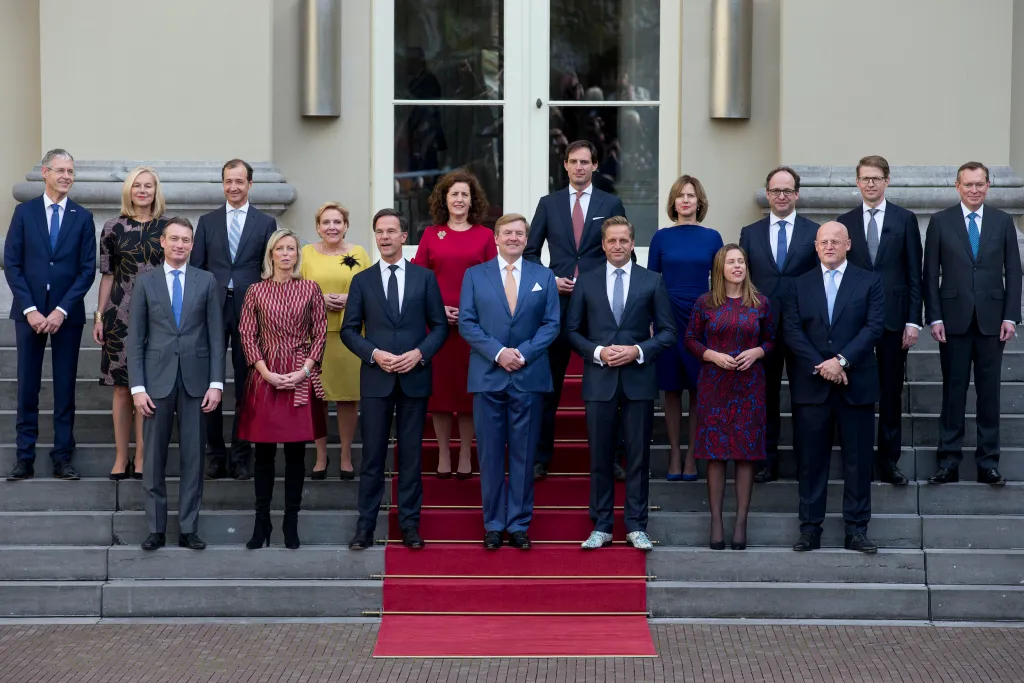The Dutch government has announced that it will introduce new regulations to limit the export of specific advanced semiconductor equipment. This decision comes in response to U.S. pressure on its allies to restrict the sales of high-tech components to China.

The new rules mandate that companies producing advanced chipmaking equipment must obtain an export license. The equipment models requiring a license have not been specified, but it is expected to involve certain models from ASML’s “DUV” product line. ASML, the dominant global manufacturer of lithography machines, plays a critical role in chip manufacturing.
The Dutch government justified the implementation of these rules by citing national security concerns. Trade Minister Liesje Schreinemacher stated, “We have taken this step because such equipment may have military applications.”
China, which has been actively working on developing its domestic chip industry, is likely to express dissatisfaction with this move. Despite being the largest consumer of semiconductors globally, China still heavily relies on imports for the most advanced chips.
The United States has been urging its allies to restrict exports of high-tech components to China, aiming to limit the country’s military modernization. The Dutch government announcement indicates that progress is being made in these efforts by the United States.
The new rules will go into effect on September 1.The potential impact on the global chip market is uncertain. The regulations could potentially lead to higher chip and electronic component prices. ASML is not the only major player in the Dutch chip industry; other companies like NXP Semiconductors and STMicroelectronics are also involved. These companies may also be affected by the newly imposed rules. The Dutch government’s announcement has significant implications for the global chip market.
